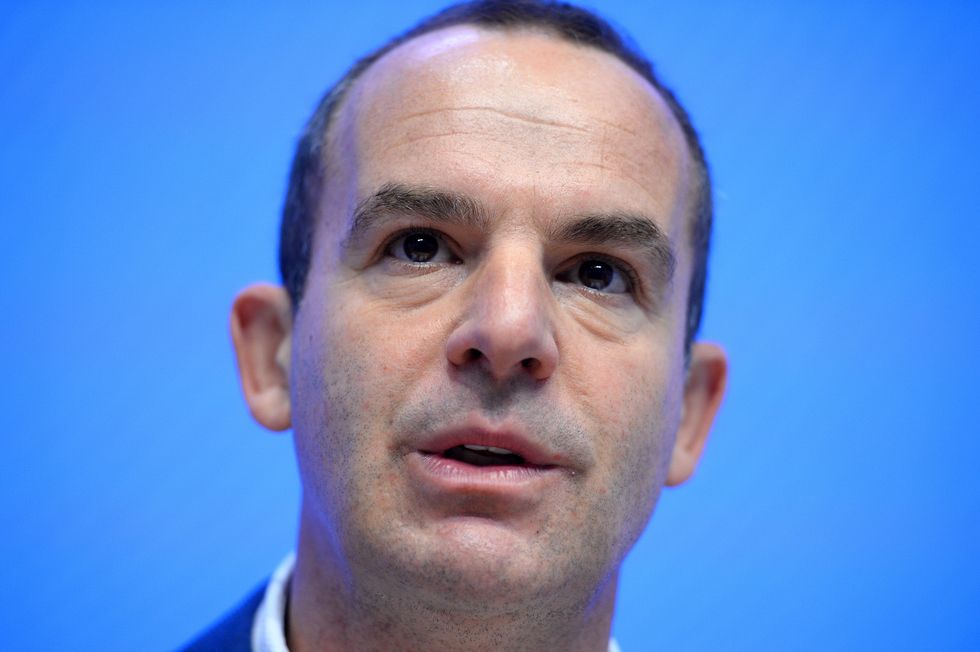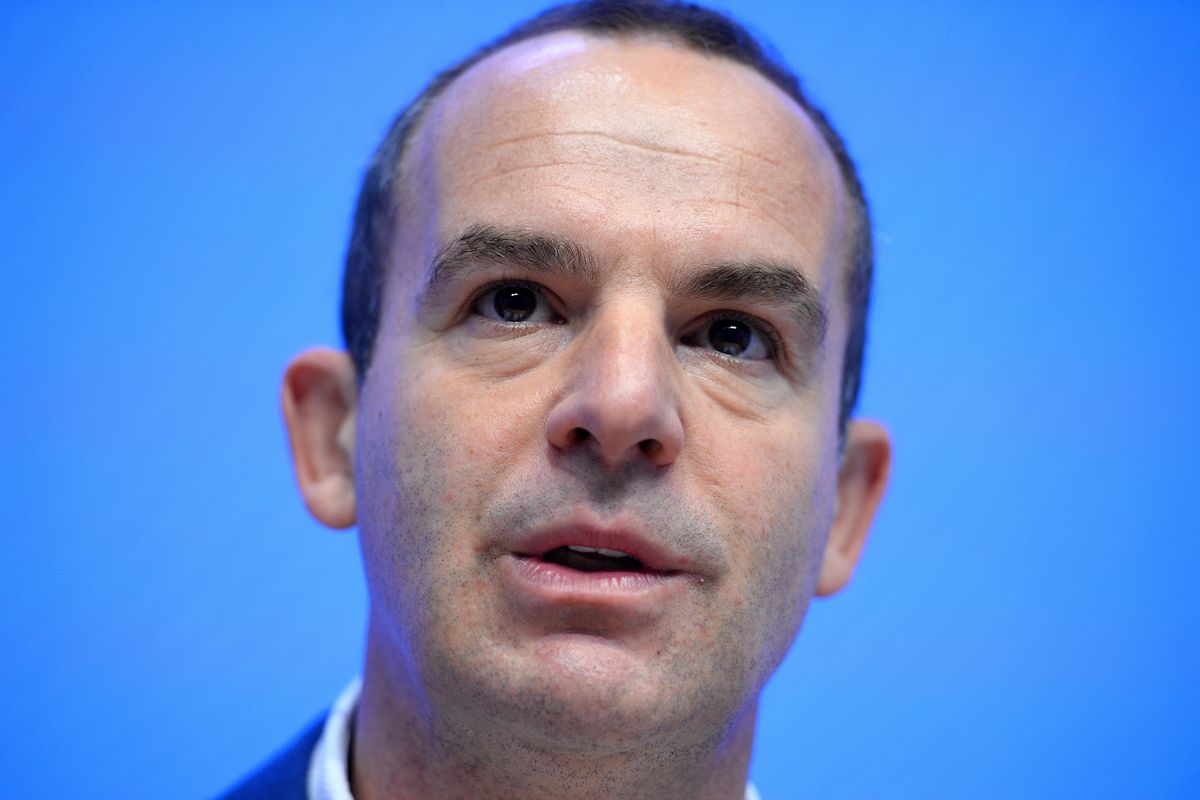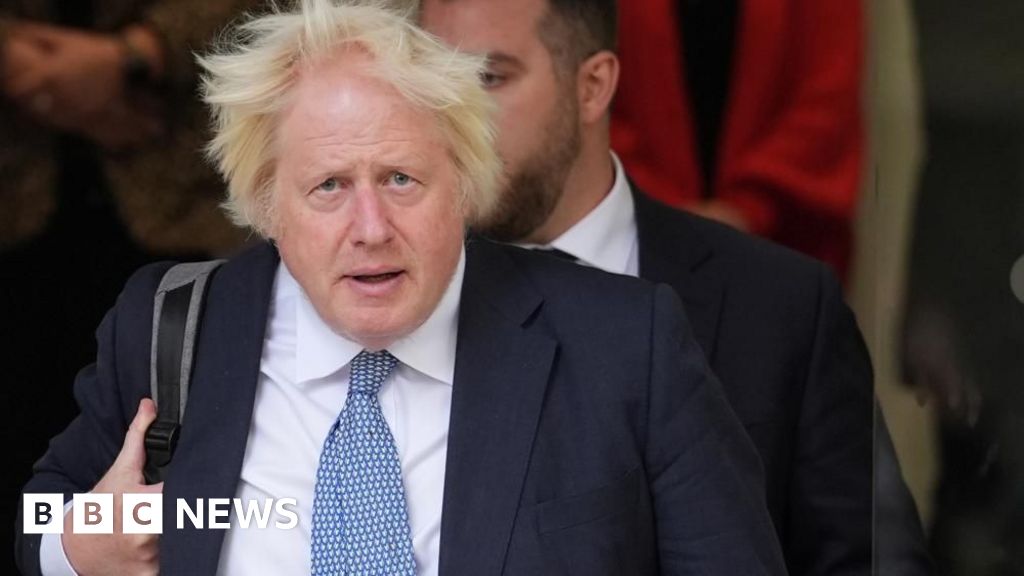Martin Lewis issues 'tax trap' warning for Britons withdrawing from pensions - how to spend 'totally tax free'
Martin Lewis has issued a warning about the pension tax trap that can have millions of people charged for taking out their own cash. He wanted people to understand the "big thing" when it comes to pensions.He warned UK households and pension pot holders to ensure they are spending it "tax free."On the latest episode of the 'Not Martin Lewis podcast', the money saving expert explained the complicated tax system to listeners.Alongside, Charlotte Jackson pensions expert at Pension Wise advice service, they discussed the ways Britons can save money on their pensions and legally avoid tax on their savings where possible.Lewis explained the "huge pension withdrawal tax trap" and emphasised the importance of viewing pension withdrawals with a long-term perspective.He said: “Now the big thing to understand when it comes to taking your money out of your pension, and we're not talking here defined benefit schemes where you're getting 20 per cent of your salary for the rest of your life, we're talking when you've got a pot of money built up."A lot of what's worth thinking about is tax."So, pension freedom meant you can keep your money in your pension if you like, think of it a bit like a bank account and you can take your money out when you do."Now many people will know, you generally get 25 per cent of the money you take from your pension tax-free and the rest is taxed. But what counts and when it’s taxed is when it gets complicated."He gave an analogy asking listeners to imagine their private pension pot like a giant swiss roll.Lewis continued: "Most of the roll is sponge and you have your luxury jam bit in the middle. Well the sponge is the taxable part of your pension and the jam running through the middle, that’s your tax free amount."Now if you take your money out of your pension using it like a bank account, you get a slice of the swiss roll. And that swiss roll contains whatever amount you’ve taken from your pension, 25 per cent of it is tax free, and 75 per cent of it is taxed at your marginal rate, whatever income tax rate you’re paying.”That means if someone is paying tax on their income at 40 per cent they will pay 40 per cent tax on their savings. Earning between £12,750 and £50,000 people pay 20 per cent. Above this amount, is 40 per cent.However, he explained that if people do what’s called as draw-down or get an annuity then they can just take the jam. "You can take 25 per cent of your pension totally tax free and you’re paid the rest via the draw down or annuity later when you take it,” he added.This allows people to control when they pay the tax on their pension pot. LATEST DEVELOPMENTS:State pensioners could be means-tested under LabourWhat Labour's landslide victory will mean for your money - from state pension to income taxFull list of Halifax bank branch closures Lewis said: "If later on in life you become a non-taxpayer, you take the rest out when you’re a non-taxpayer, you get a 25 percent lump sum now, and then when you take the rest of the money out even though it’s taxable, because you’re a non-taxpayer, it would be better for you.”


Martin Lewis has issued a warning about the pension tax trap that can have millions of people charged for taking out their own cash.
He wanted people to understand the "big thing" when it comes to pensions.
He warned UK households and pension pot holders to ensure they are spending it "tax free."
On the latest episode of the 'Not Martin Lewis podcast', the money saving expert explained the complicated tax system to listeners.
Alongside, Charlotte Jackson pensions expert at Pension Wise advice service, they discussed the ways Britons can save money on their pensions and legally avoid tax on their savings where possible.
Lewis explained the "huge pension withdrawal tax trap" and emphasised the importance of viewing pension withdrawals with a long-term perspective.

He said: “Now the big thing to understand when it comes to taking your money out of your pension, and we're not talking here defined benefit schemes where you're getting 20 per cent of your salary for the rest of your life, we're talking when you've got a pot of money built up.
"A lot of what's worth thinking about is tax.
"So, pension freedom meant you can keep your money in your pension if you like, think of it a bit like a bank account and you can take your money out when you do.
"Now many people will know, you generally get 25 per cent of the money you take from your pension tax-free and the rest is taxed. But what counts and when it’s taxed is when it gets complicated."
He gave an analogy asking listeners to imagine their private pension pot like a giant swiss roll.
Lewis continued: "Most of the roll is sponge and you have your luxury jam bit in the middle. Well the sponge is the taxable part of your pension and the jam running through the middle, that’s your tax free amount.
"Now if you take your money out of your pension using it like a bank account, you get a slice of the swiss roll. And that swiss roll contains whatever amount you’ve taken from your pension, 25 per cent of it is tax free, and 75 per cent of it is taxed at your marginal rate, whatever income tax rate you’re paying.”
That means if someone is paying tax on their income at 40 per cent they will pay 40 per cent tax on their savings. Earning between £12,750 and £50,000 people pay 20 per cent. Above this amount, is 40 per cent.
However, he explained that if people do what’s called as draw-down or get an annuity then they can just take the jam.
"You can take 25 per cent of your pension totally tax free and you’re paid the rest via the draw down or annuity later when you take it,” he added.
This allows people to control when they pay the tax on their pension pot.
LATEST DEVELOPMENTS:
- State pensioners could be means-tested under Labour
- What Labour's landslide victory will mean for your money - from state pension to income tax
- Full list of Halifax bank branch closures
Lewis said: "If later on in life you become a non-taxpayer, you take the rest out when you’re a non-taxpayer, you get a 25 percent lump sum now, and then when you take the rest of the money out even though it’s taxable, because you’re a non-taxpayer, it would be better for you.”







































